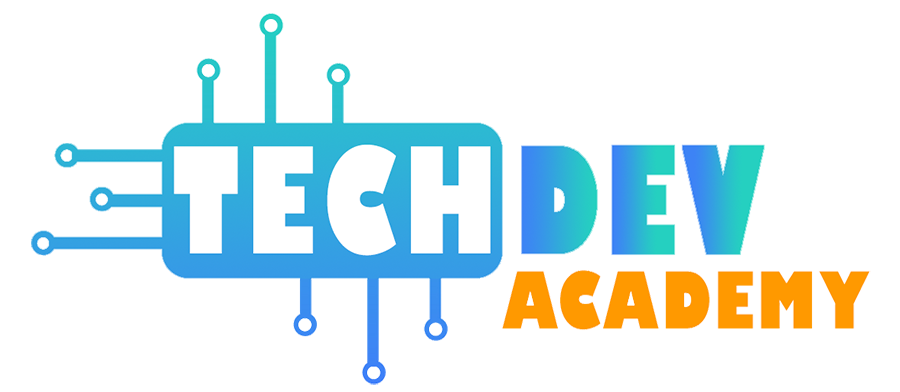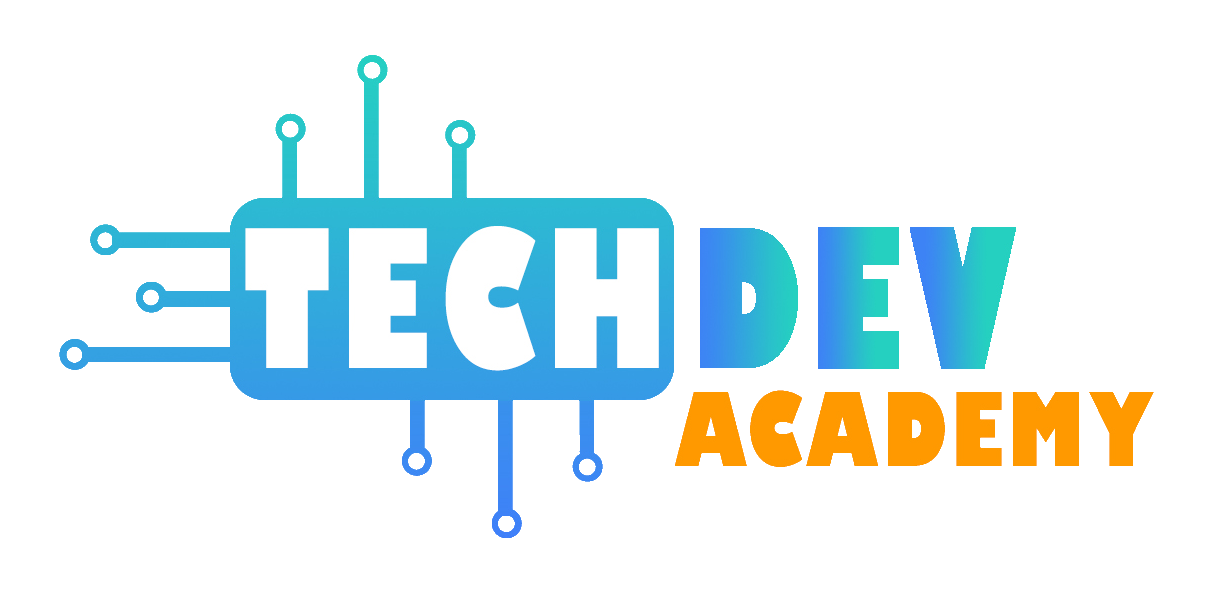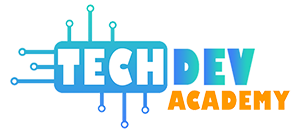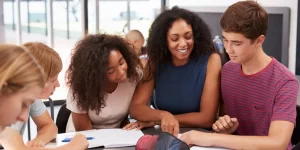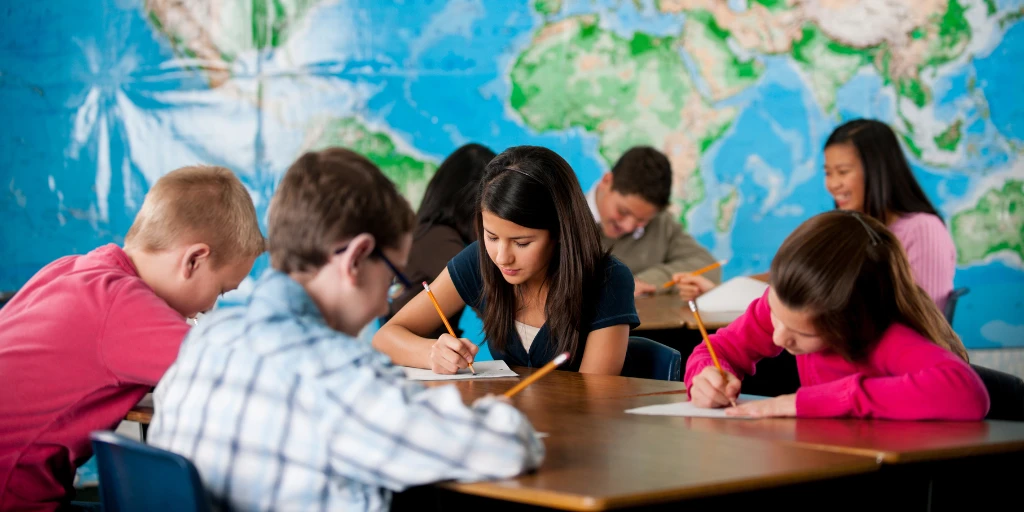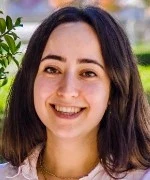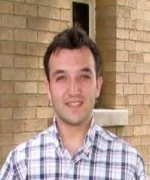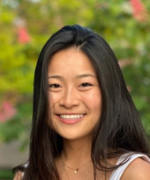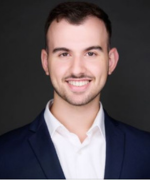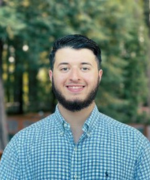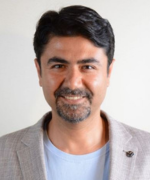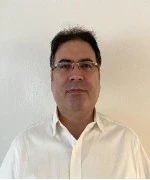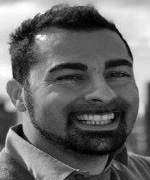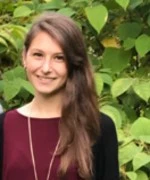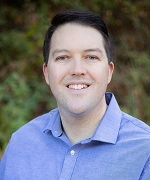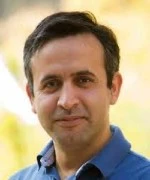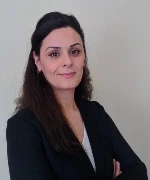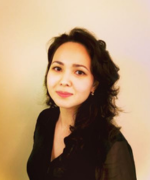10 Things to Do the Summer Before College

College is thrilling and life-altering. Use your summer break to prepare for this new voyage. This essay covers 10 must-dos the summer before college. We’ll talk about academic preparation, dorm life, finances, etc.. These strategies will help you prepare for college while enjoying summer break. Jump in!
1. Academic Brush-Up
College academics may be harder than high school. Reviewing high school concepts and themes will help you prepare for college’s intellectual challenge.
- The summer before college, you can review your high school notes and textbooks, especially for college subjects. This will help you review and prepare for college.
- Use online tools: Many online resources can help you review and practice key ideas. Khan Academy, Quizlet, and Crash Course offer free videos, quizzes, and other study aids.
- Summer programs and classes might help you prepare for college. See if your college offers programs or classes that match your interests and desired major.
- Practice study skills: Try several study methods to see what works for you to improve your memory and exam preparation. Try flashcards, practice tests, and summaries.
- Practice time management skills as well as academic skills. Successful college students manage their time and study properly. Make a study schedule. Schedule time for studying, classes, and extracurriculars. To learn time management, stick to your schedule.
2. Join Extracurriculars

Extracurricular activities at college let you learn new skills, make friends, and explore your hobbies while taking a break from school. Extracurriculars can improve your college experience and resume. So get involved:
- Research your college’s clubs and organizations: Most colleges have academic, professional, social, and recreational groups. Discover how to join groups and organizations that interest you.
- Attend a summer program or camp relating to your hobbies or intended major. If you’re interested in a subject or field of study, consider attending online programs like college bound mentoring programs. These programs can help you develop new abilities, make friends, and understand your field better.
- Ask current students or alumni: If you know anyone who attends or has attended your college, ask them about extracurricular activities. They may have useful suggestions about campus groups and organizations.
3. Meet Future Classmates
Pre-college friendships can help you adjust to college. Get to know your peers to feel more comfortable on campus and have a support system from day one. Try to build relationships with prospective classmates:
- Connect with peers on social media: Many colleges establish Facebook groups for incoming students. Join these organizations to meet potential classmates. Share your interests, ask questions, and arrange a pre-semester meeting.
- Attend pre-college orientation events or meetings in your area: Many institutions offer such events. These gatherings are a terrific way to meet local incoming students and start making friends before school starts.
- Reach out to your roommate(s): If you know who they are, introduce yourself. You’ll live with them, so get along early.
Making friends with prospective classmates can help you feel supported in college. Before college, connect with people to lay the groundwork for success.
4. Prepare for Living Situations
College preparation includes dorm preparation. Preparing for the challenges and opportunities of dorm life is crucial.
Take a look at these dorm preparation tips:
- Make a list of dorm essentials and shop for them before moving in. Bedding, towels, toiletries, a mini-fridge, and other comfort amenities are included. Shop for your list’s items.
- Before move-in day, contact your roommates and plan for shared space. Discuss how you’ll share spaces like the bathroom and living room and what you’ll bring. This can help you settle into your dorm without problems.
- Before moving in, learn the dorm’s regulations and policies. Guest, quiet, and shared space regulations are examples. Knowing the rules can help you live peacefully.
- Learning how to do laundry is essential for dorm living. Before moving in, learn how to do laundry and use the dorm machines. This prevents accidents and keeps garments clean.
Preparing for dorm life is worth the effort. Preparation helps ensure a comfortable and enjoyable college experience.
5. Learn about College Resources
Knowing your resources before college is crucial. Know how to use your college’s academic and support programs to succeed.
Here are some campus resource tips:
- Academic tools like tutoring and study groups are available at most colleges. Tutoring, study clubs, and writing centers are examples. Research academic resources and establish a plan before courses start.
- Learn about counseling and mental health support: College can be stressful, so it’s vital to take care of your mental and physical health. Most colleges offer counseling and mental health help. Learn how to use these services if needed.
- New students can attend orientation and information sessions at many colleges. These sessions can teach you about campus resources and academic success. Use these chances to learn about your college.
- Know your instructors and advisors: They can help you throughout college. Get to know them and ask for class success tips. They can also recommend campus resources.
Learning about campus resources can be intimidating, but it can help you succeed in college. Ask for advice. Your college has many resources to help you succeed.
6. Set Objectives
College success requires goal-setting and prioritization. It’s easy to feel overwhelmed and lose focus without a plan.
Let’s discuss how to set your goals:
- The summer before college, set academic and personal goals for the year. This can include academic goals like maintaining a GPA or participating in research and personal goals like making new friends or trying new activities. Write down your goals and review them periodically to stay motivated.
- After setting goals, create a plan to achieve them and manage your time. This can include breaking larger goals into smaller, more doable chores and constructing a timetable that balances coursework, extracurriculars, and personal time. Prioritize important and urgent tasks.
- Stay organized and track your progress to reach your goals. Use a planner or calendar to monitor assignments, deadlines, and critical occasions, and check your progress toward goals. Celebrate modest wins and use setbacks to improve your plan.
- Be adaptable: College requires adaptability. As you face new challenges, your priorities may change. Adjust your plan and goals as needed and ask for help.
Setting goals will help you succeed in college and develop lifelong skills. By making a plan, and staying focused, you can achieve your aspirations.
7. Manage Money
Navigating the world of personal finance can be daunting, especially for college students who are just starting to manage their money independently. Establishing smart financial habits early on is crucial for long-term success and stability:
- Budget and prepare for college expenses: Budgeting is the first step to financial management. Include tuition, housing, food, transportation, and personal expenditures. Follow your budget and track your spending to stay on track.
- College students have various financial aid and scholarship options. To pay for education, apply for as many as feasible. This includes federal and state grants, college or major-specific scholarships, and private scholarships.
- Buy old textbooks, use student discounts, and take public transit to save money in college. Consider the long-term expenses of various actions, such as living off-campus versus on-campus, and compare the savings against the convenience and other benefits.
- Avoid credit card debt: College and post-college debt can cause financial stress. If you use a credit card, pay it off monthly and prevent unnecessary purchases. For budgeting, use a debit card or cash.
- If you’re having trouble managing your funds, ask for help. Many institutions offer financial advice and programs to assist students budget and manage their money.
College finances are a lifelong skill. Creating a budget, researching financial aid and scholarships, saving money and avoiding credit card debt will help you achieve financial stability and success.
8. Manage Stress and Self-Care


- Creating a self-care practice can help you manage stress and be intellectually and emotionally healthy. Do meditation and exercise regularly. Try different activities to pick your favorite.
- Get enough sleep: College is a time to emphasize sleep for mental and physical wellness. To adjust your body’s internal clock, sleep 7-9 hours per night and stick to a plan.
- Identify good coping mechanisms: Stress and anxiety require healthy coping methods. Deep breathing, counseling, yoga, or reading can help.
- Early time management habits help reduce stress and anxiety. Make time for self-care and relaxation in your schedule or planner.
- If you’re having mental health issues, get help. Many institutions offer counseling and mental health programs to help students manage stress and other challenges.
It’s hard to prioritize mental and emotional wellness at college, but it’s crucial. Develop a self-care regimen, get enough sleep, find good coping methods, practice time management, and seek support if needed to handle college life.
9. Get Organized
College success requires organization. Managing so many assignments, examinations, and deadlines requires a strategy that works for you.
Here are some tips to be organized:
- Use a planner or calendar to keep track of crucial events and deadlines. Include assignment, exam, and other key dates.
- Create a study timetable to remain on track and avoid procrastinating. Make a schedule to study for each session and include breaks and self-care.
- Track assignments with a spreadsheet or to-do list. This helps you stay organized and remember key chores.
- Keep your desk organized: Disorganization might make it hard to focus. Declutter and establish a school work space to organize your workspace.
- Digital calendars, to-do list apps, and note-taking software can help you keep organized.
- Use campus resources: Time management workshops and academic counseling are available at many colleges. Use these tools to organize.
10. Enjoy Summer


- Relax: Summer is a good time to unwind. Take time for yourself, whether it’s vacationing, visiting family, or doing a pastime.
- Set realistic goals: College preparation is crucial, but don’t rush. Set achievable summer goals and break them down.
- Prioritize: Plan for move-in day and explore financial help first. As time permits, complete other duties
- Balance: Preparation and leisure must be balanced. Make time for college prep, but also for pleasure and leisure.
- Being active reduces stress and improves health. Make hiking or yoga a summer staple.
- Connect with others: Meeting other new college students might make you feel ready and excited for the year. Join a social media group or pre-college event to make new friends.
By balancing preparation and relaxation, you may enjoy your summer break and prepare for college. To make the most of your summer break, rest and rejuvenate, set realistic goals and priorities, balance preparation and relaxation, stay active, and interact with others. With this advice, you’ll start college well.
Conclusion
Many summer activities can help you succeed in college. Brushing up on academic skills, getting involved in extracurricular activities, connecting with future classmates, preparing for living situations, learning about college resources, setting goals and priorities, managing finances, practicing self-care and stress management, getting organized, and finding a balance between preparation and relaxation are important steps.
Focusing on these areas can help you transition into college and succeed academically and personally. Enjoy the summer before college! Be ready to start a new chapter in your life.
